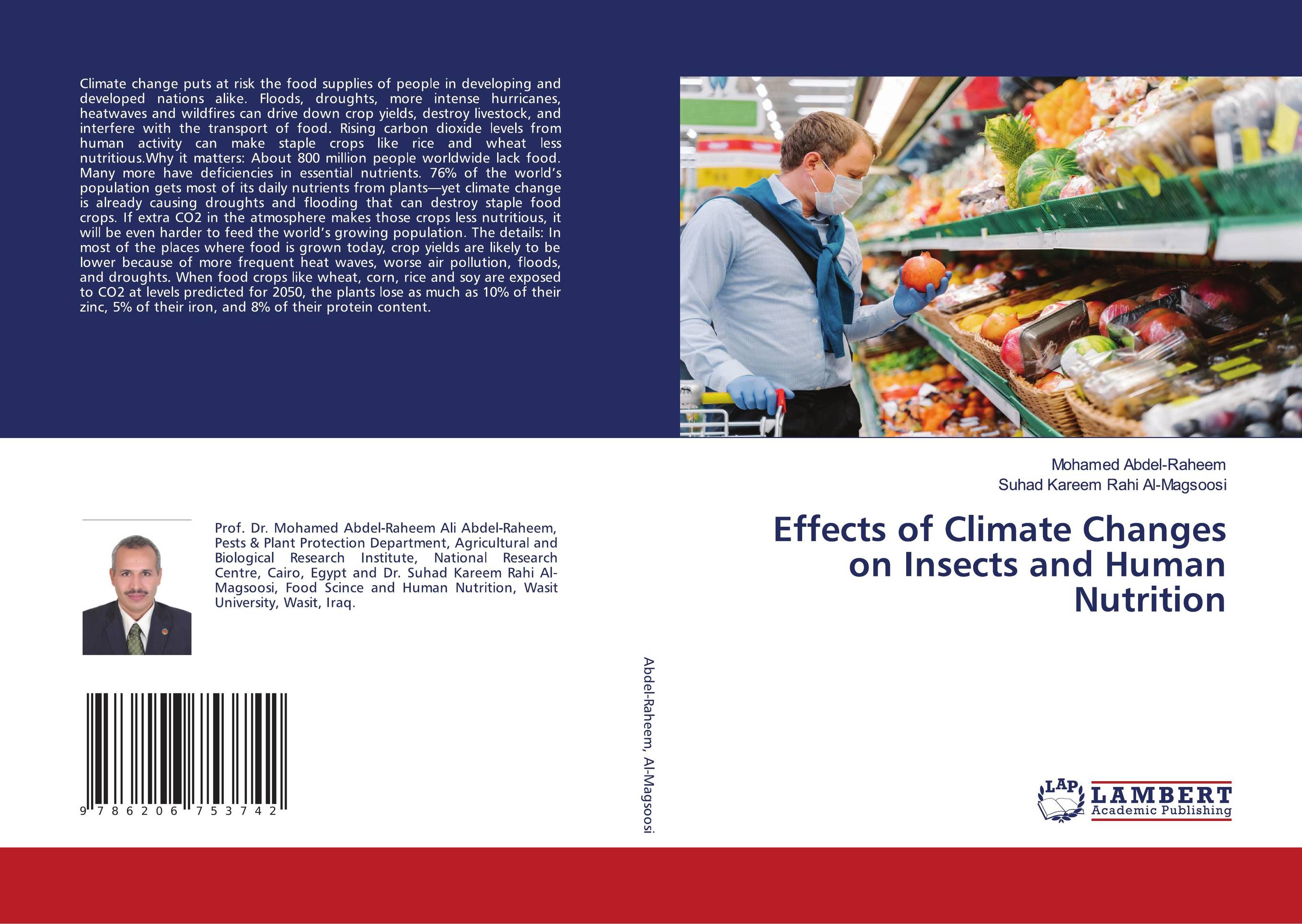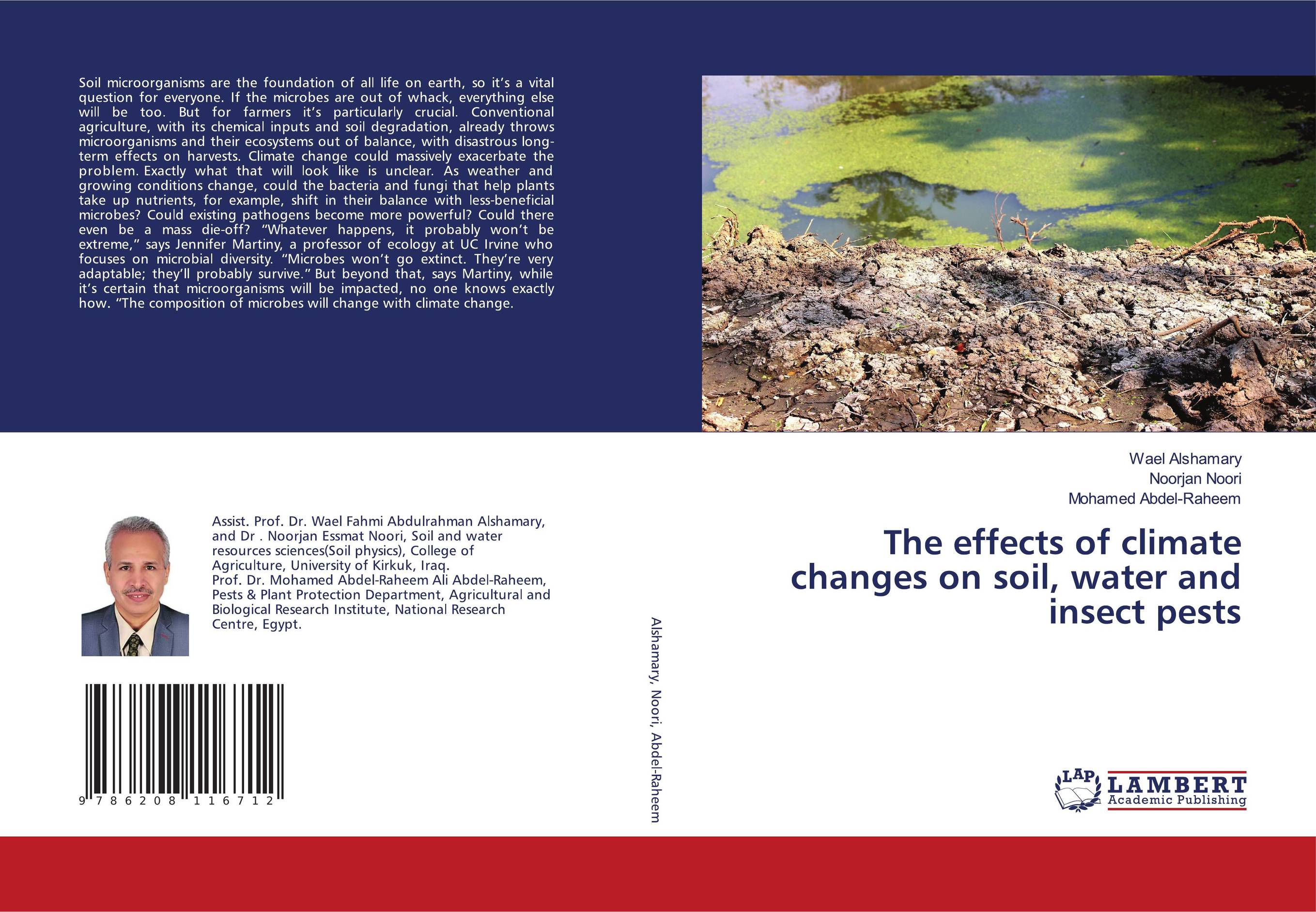| Поиск по каталогу |
|
(строгое соответствие)
|
- Профессиональная
- Научно-популярная
- Художественная
- Публицистика
- Детская
- Искусство
- Хобби, семья, дом
- Спорт
- Путеводители
- Блокноты, тетради, открытки
Effects of Climate Changes on Insects and Human Nutrition.

В наличии
| Местонахождение: Алматы | Состояние экземпляра: новый |

Бумажная
версия
версия
Автор: Mohamed Abdel-Raheem and Suhad Kareem Rahi Al-Magsoosi
ISBN: 9786206753742
Год издания: 1905
Формат книги: 60×90/16 (145×215 мм)
Количество страниц: 236
Издательство: LAP LAMBERT Academic Publishing
Цена: 55011 тг
Положить в корзину
Позиции в рубрикаторе
Отрасли экономики:Код товара: 761217
| Способы доставки в город Алматы * комплектация (срок до отгрузки) не более 2 рабочих дней |
| Самовывоз из города Алматы (пункты самовывоза партнёра CDEK) |
| Курьерская доставка CDEK из города Москва |
| Доставка Почтой России из города Москва |
Аннотация: Climate change puts at risk the food supplies of people in developing and developed nations alike. Floods, droughts, more intense hurricanes, heatwaves and wildfires can drive down crop yields, destroy livestock, and interfere with the transport of food. Rising carbon dioxide levels from human activity can make staple crops like rice and wheat less nutritious.Why it matters: About 800 million people worldwide lack food. Many more have deficiencies in essential nutrients. 76% of the world’s population gets most of its daily nutrients from plants—yet climate change is already causing droughts and flooding that can destroy staple food crops. If extra CO2 in the atmosphere makes those crops less nutritious, it will be even harder to feed the world’s growing population. The details: In most of the places where food is grown today, crop yields are likely to be lower because of more frequent heat waves, worse air pollution, floods, and droughts. When food crops like wheat, corn, rice and soy are exposed to CO2 at levels predicted for 2050, the plants lose as much as 10% of their zinc, 5% of their iron, and 8% of their protein content.
Ключевые слова: Climate Changes, insects, Human nutrition
Похожие издания
 | Wael Alshamary,Noorjan Noori and Mohamed Abdel-Raheem The effects of climate changes on soil, water and insect pests.. 2024 г., 364 стр., мягкий переплет Soil microorganisms are the foundation of all life on earth, so it’s a vital question for everyone. If the microbes are out of whack, everything else will be too. But for farmers it’s particularly crucial. Conventional agriculture, with its chemical inputs and soil degradation, already throws microorganisms and their ecosystems out of... | 69598 тг |



